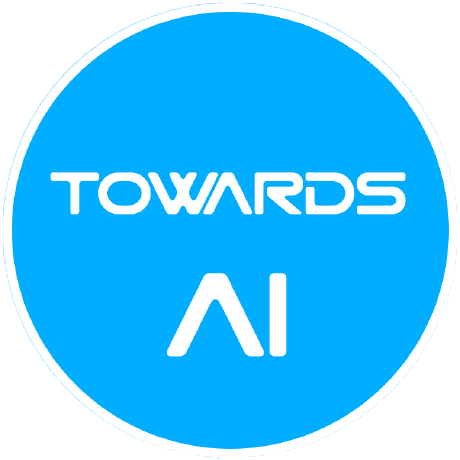Discover and explore top open-source AI tools and projects—updated daily.
modelscope-classroom by  modelscope
modelscope
Deep learning tutorials for the ModelScope AI community
Top 30.3% on SourcePulse
This repository provides a curated collection of deep learning tutorials for AI developers, covering essential operations like training, inference, deployment, and application building. It aims to be a central hub for learning and applying AI technologies from the ModelScope community.
How It Works
The tutorials are presented as Jupyter notebooks, offering practical, step-by-step guidance on various AI tasks. The collection emphasizes hands-on experience with popular frameworks and techniques, including Large Language Models (LLMs), diffusion models for image and video generation, and agent-based systems.
Quick Start & Requirements
- Install/Run: Access tutorials via provided links; execution typically requires a Python environment with Jupyter Notebooks and relevant AI libraries.
- Prerequisites: Specific hardware (e.g., GPUs) and software dependencies (e.g., CUDA, specific Python versions, AI frameworks like PyTorch/TensorFlow) will vary per tutorial.
- Resources: Setup time and resource footprint depend on the complexity of the individual tutorial's AI models and tasks.
- Links:
- RAGFlow: RAGFlow样例
- Unsloth: unsloth样例
- LLaMA-Factory: LLaMA-Factory样例
- Dify: Dify样例
- vLLM: vLLM样例
- VLMEvalKit: VLMEvalKit样例
- Omnigen: Omnigen样例
- General Training: 古文翻译训练样例
- Full Dataset Training: 全流程知乎数据集训练
- LLM Tutorials: LLM-tutorial
- AIGC Tutorials: AIGC-tutorial
Highlighted Details
- Covers advanced LLM topics like human preference alignment, quantization, and specific models (e.g., OpenAI-O1).
- Includes tutorials on diffusion models for text-to-image and text-to-video generation (DiT, ViViT).
- Features examples for building AI agents using frameworks like AgentFabric.
- Demonstrates practical applications with RAGFlow, Unsloth, and LLaMA-Factory.
Maintenance & Community
- The repository is actively updated with new tutorials and examples, as indicated by recent additions in late 2023 and early 2024.
- Specific community links (Discord/Slack) or contributor details are not provided in the README.
Licensing & Compatibility
- The repository's license is not explicitly stated in the provided README snippet.
Limitations & Caveats
- The README does not specify the project's license, which is crucial for commercial use or integration into closed-source projects.
- Detailed setup instructions and dependency management for each tutorial are not consolidated, requiring users to consult individual notebook requirements.
1 month ago
Inactive

 JIA-Lab-research
JIA-Lab-research onejune2018
onejune2018 0xSojalSec
0xSojalSec liguodongiot
liguodongiot wshzd
wshzd andysingal
andysingal ghimiresunil
ghimiresunil Denis2054
Denis2054 towardsai
towardsai curiousily
curiousily wandb
wandb Ryota-Kawamura
Ryota-Kawamura